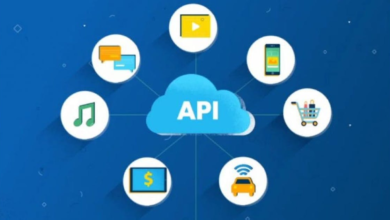Aim Security Raises $18 Million for AI Cybersecurity

Aim Security, a company that helps enterprises safely adopt artificial intelligence (AI), has raised $18 million.
The Israeli company said it was one of the “fastest Series A rounds in cybersecurity history,” bringing Aim’s total funding to $28 million, according to a Monday (June 17) press release.
“AI applications, ranging from chatbots and virtual assistants to AI productivity tools like Microsoft 365 and GitHub Copilot, have rapidly integrated into the fabric of enterprise business workflows and technology stacks,” the company said in its news release.
But as companies increasingly embrace artificial intelligence, security leaders find themselves constantly scrambling to address the data, privacy and security issues it brings with it, Aim added.
“The result is either blocking its use entirely, negatively affecting business and efficiency goals, or placing the organization at risk,” the company said.
Aim says its platform governs and secures all forms of AI use in the business world, specifically designed for unique threats, such as sensitive data exposure, supply chain vulnerabilities and emerging threats like jailbreaks and prompt injection.
The company says its platform is used by clients in “highly regulated industries,” such as banking, defense, healthcare, insurance and manufacturing.
Aim’s new funding comes at a time when, as PYMNTS wrote recently, “businesses operating within security-critical industries are reminded that security is critical” on a weekly basis.
In just the week leading up to that report, there had been a “significant volume of data” stolen from at least 165 customers of multi-cloud data warehousing platform Snowflake, with the incident believed to be connected to earlier massive data breaches at Ticketmaster and Santander Bank.
The day before the Snowflake attack, the City of Cleveland suffered its own cyberattack, leading it to shut down its IT systems and citizen-facing services. Six days earlier, the operations at a group of London hospitals were disrupted after lab services provider Synnovis became the victim of a ransomware attack.
As that report noted, the Snowflake attack may have been the result of poor security practices, a reminder that companies need to make sure their own walls are guarded.
“The No. 1 thing that I would start with is good cyber hygiene,” Rosa Ramos-Kwok, managing director and business information security officer for commercial banking at J.P. Morgan, told PYMNTS, noting that companies can sometimes fall behind on patching up legacy systems, which leaves aged software with “all sorts of vulnerabilities” because businesses had “other priorities, or it was too expensive.”



